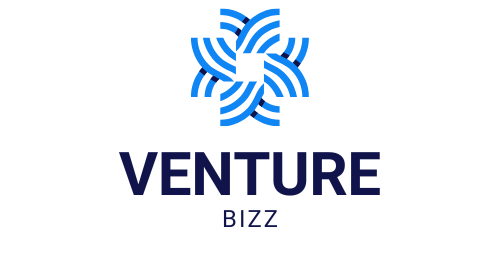Venture capital is no longer just about capital. Today, leading venture capital firms operate like full-stack growth partners, with internal teams supporting everything from hiring and sales to product development and fundraising. This is what we call the venture platform, and it is becoming one of the most influential forces in the success of early-stage startups.
This week, I am breaking down how venture platforms are built, what they do, and how founders can leverage them effectively.
What Is a Venture Platform?
A venture platform is the operational arm of a venture capital firm. It is made up of non-investing professionals who provide hands-on, strategic, and functional support to portfolio companies after an investment is made.
The goal? To accelerate value creation without diluting founders or delaying decision-making.
What a Venture Platform Team Typically Includes
Depending on the size and maturity of the VC firm, a platform team might include:
Firms like Andreessen Horowitz and Speedinvest have platform teams that rival growth-stage operating firms in depth. Smaller funds are also embracing leaner versions of this model, often with fractional experts or shared services.
Why Platform Teams Exist
Startups face huge execution risks in the first 12–18 months post-investment. These risks are often not about capital but about:
Hiring the wrong people
Launching before testing
Targeting the wrong market
Lacking access to customer feedback
Platform teams reduce these risks by giving startups access to repeatable frameworks, industry expertise, and vetted networks, without forcing founders to reinvent the wheel.
Inside a European Venture Platform
Let’s take Speedinvest, an Austrian-headquartered early-stage VC with platform teams across Europe.
Talent Partners helps startups recruit their first 5–10 hires.
Market Development Teams open doors with strategic customers and pilot partners.
Growth Experts offer content playbooks, paid channel testing, and analytics setup.
Studio Services help with product prototyping and brand assets for go-to-market launches.
What makes Speedinvest stand out is its specialization by vertical, with platform experts dedicated to fintech, industrial tech, health, and more.
What Founders Should Look For
Not all platform teams are the same. When assessing a VC's platform offer, ask:
Is the support generalist or sector-specific?
Will I get access to operators or just a resource library?
How is the platform team incentivized to help me succeed?
A good platform team should:
Act like an extension of your team
Offer timely and relevant support
Respect your autonomy as a founder
A Word of Caution
Support should never become interference. Platform teams that micromanage, delay decisions, or push “one-size-fits-all” playbooks can do more harm than good. The best platforms work with founders, not on them.
Wrapping Up
Venture platforms are not a luxury anymore, they are a competitive advantage. If you are a founder raising capital, look beyond the size of the fund. Look at the quality of the support. It might make the difference between surviving your seed stage and scaling through it.
Next week, we dive into a core pillar of platform support: How VCs Help Startups Hire: The Talent Advantage.
Sources
Medium. (2023) What is ‘Platform’ in Venture Capital and why is it important?
Get Proven. (2024). What is a VC Platform?
VC Stack. (2023). Deep Dive: The VC Platform Role
Startup Boston. (2025). 7 Ways Startups Can Leverage a VC’s Platform Team




